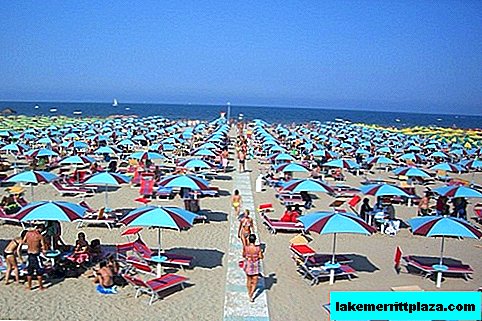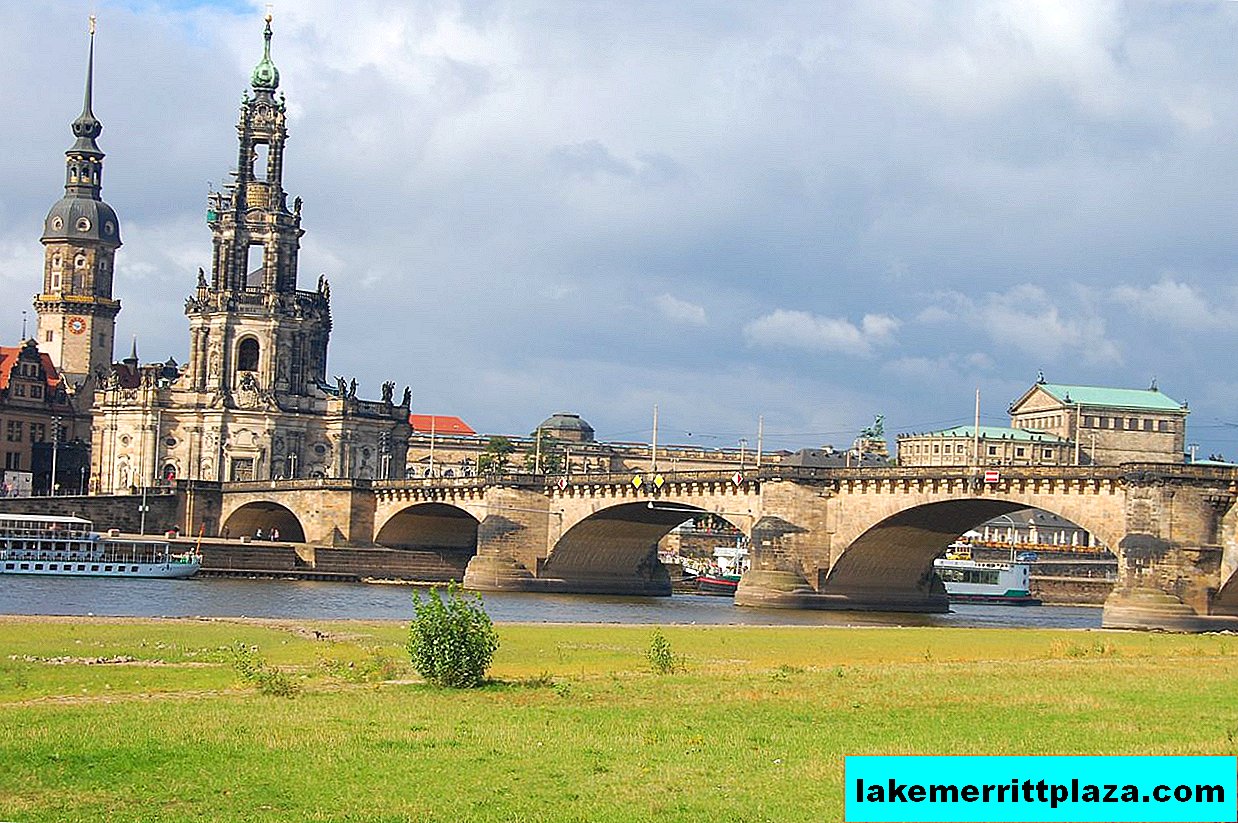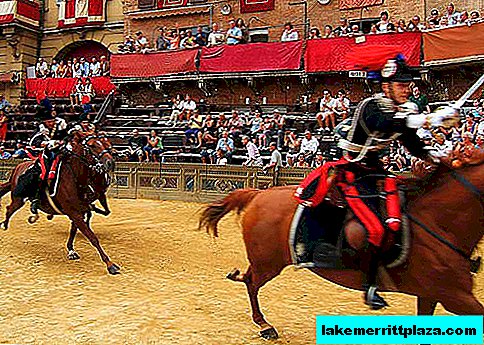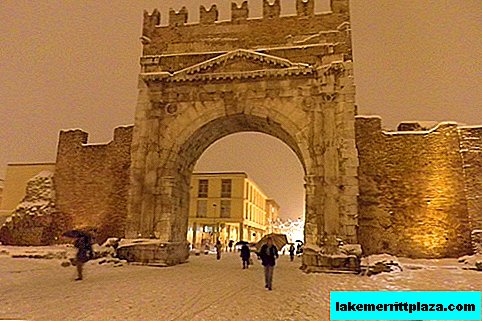In the last issue, 78 hefty foreheads left the prison and, having joyfully robbed the surrounding wealthy estates, decided to keep the defense on Vesuvius. The local forces of law and order in the person of the praetor Claudius, sighing, broke away from blissful idleness and began to forcefully resolve the issue with unbridled slaves.
On the one hand, no one considered Spartak and his gop company a serious threat. Well, gladiators, they know how to fight, that's right. But how many are there? A hundred? Two? A frivolous amount, if you think about it.
On the other hand, the problem had to be closed the first time so that the moneybags stopped complaining, so Claudius decided to gather enough people.
In total, he pulled about 3,000 people with him to the foot of the volcano - already comparable to a full-fledged legion. Only the selection of fighters was carried out on the principle of "we will collect all who are not sorry, including the janitors, they have weapons."
Realizing that in a direct confrontation, his “eagles” could also fly, Claudius did not begin to storm Vesuvius. But how to kill all the henchmen, there will be no one to wash the floors. Instead of climbing kunshtyuk, the praetor camped right on the only path to the summit, hastily built some fortifications on the part of the alleged enemy and began to wait.
The calculation was simple: there is nothing to eat on Vesuvius, and refrigerators have not yet been invented. So, even if every runaway gladiator managed to drag a couple of packages of “Men's Food, 3 kg” to the top, they still wouldn’t last long. Either they will devour everything themselves, or it will dry up. And this is not to mention the water with which there is generally stress. Consequently, slaves will sit, sit, and go down, give up or fight - it’s not so important anyway, they will still be weakened. With the task of teaching a hundred or two Buchenwald fortresses, three thousand “militias” would have completely dealt with.
Actually, Spartak, Crixus and another leader of the gladiators, chosen just on Vesuvius, Enomai (the name can not be remembered, we give it only out of love for historical truth), all of the above also perfectly understood. And yes, the food on Vesuvius really was a definitive shortage. Somehow the slaves did not think about it before - there were a lot of tasty estates around, why think about the future? Therefore, I had to quickly think of ways out of an unpleasant situation.
The decision, as last time, was made not from a good life, but from hopelessness - this explains its some frostbite. And the fact that in the gladiators of cowards has never been found. Having scratched their heads off, the former slaves began to collect vines, ivy and other more or less strong vegetation, which in Vesuvius was in a fair amount. After that from the collected, swearing at an unusual occupation, the besieged weaved ropes and ropes. With the help of which they quietly descended from the other side of the peak.
On a pleasant Italian night, unexpected guests came to Claudia's camp. Hungry and very angry at a forced climbing workshop. Claudius’s fledgling minions couldn’t offer any serious resistance and were partially killed, partly dispersed in the vicinity with great kicks.
Having eaten themselves with other people's supplies, the gladiators found out two news: good and not so good. Good - Claudius, although he brought some sort of migrant workers incomprehensible, but their weapons were a little better than that of the slaves. Which, undoubtedly, is useful - the Spartak company took advantage of it, even though it did not reach the level of full-fledged army supplies. The bad news is that citizen Enomai died in a night slaughter.
The fun in the Campaign continued with a logical result - angry authorities hinted to the praetors that the problem with arrogant movable property must be solved.
The second praetor gathered 2,000 people, armed himself and set to work, hoping to show the loser Claudius how to deal with the lower worlds.
And whether he succeeded or not, we will soon find out.
Based on History Fun








